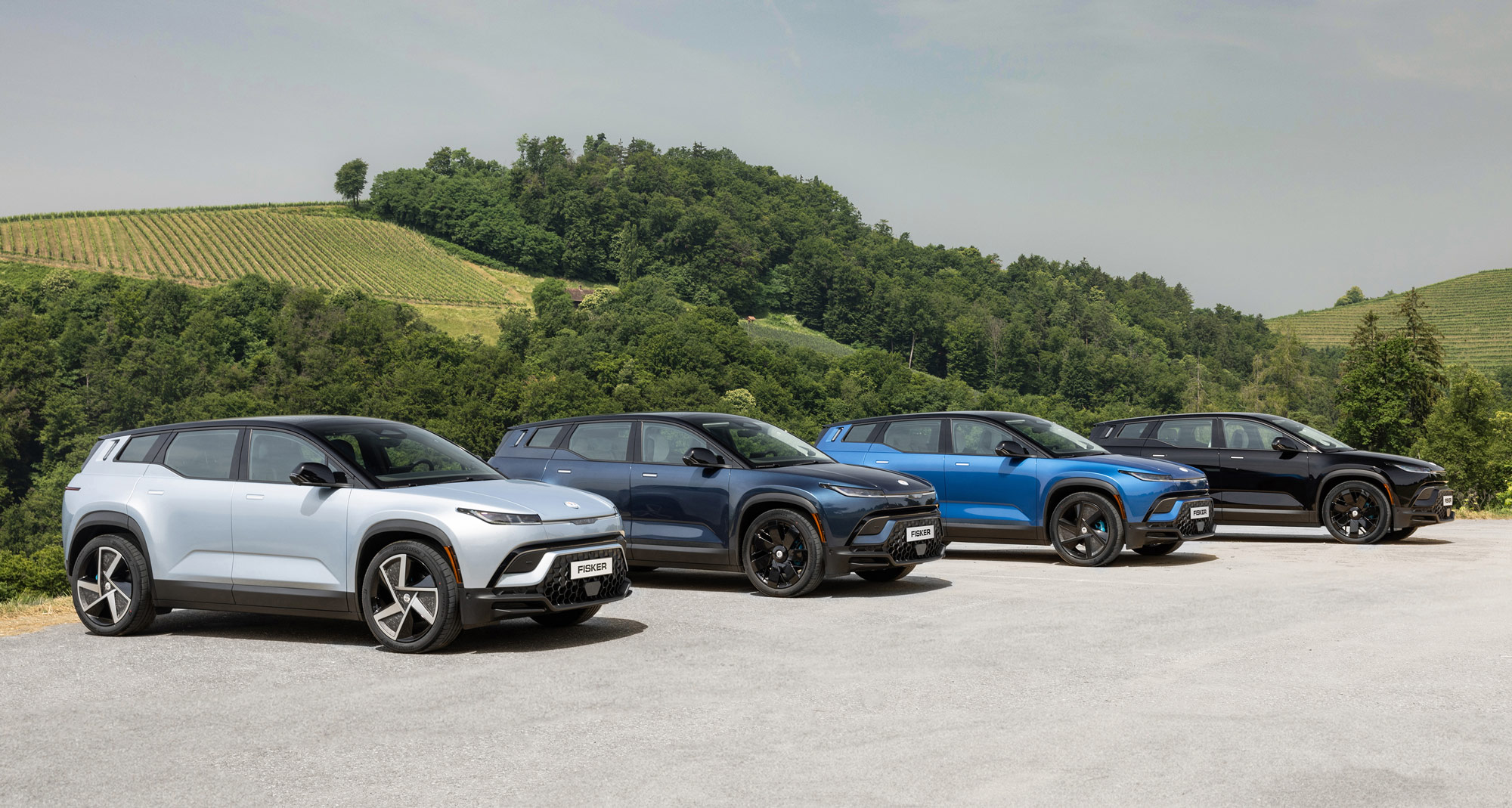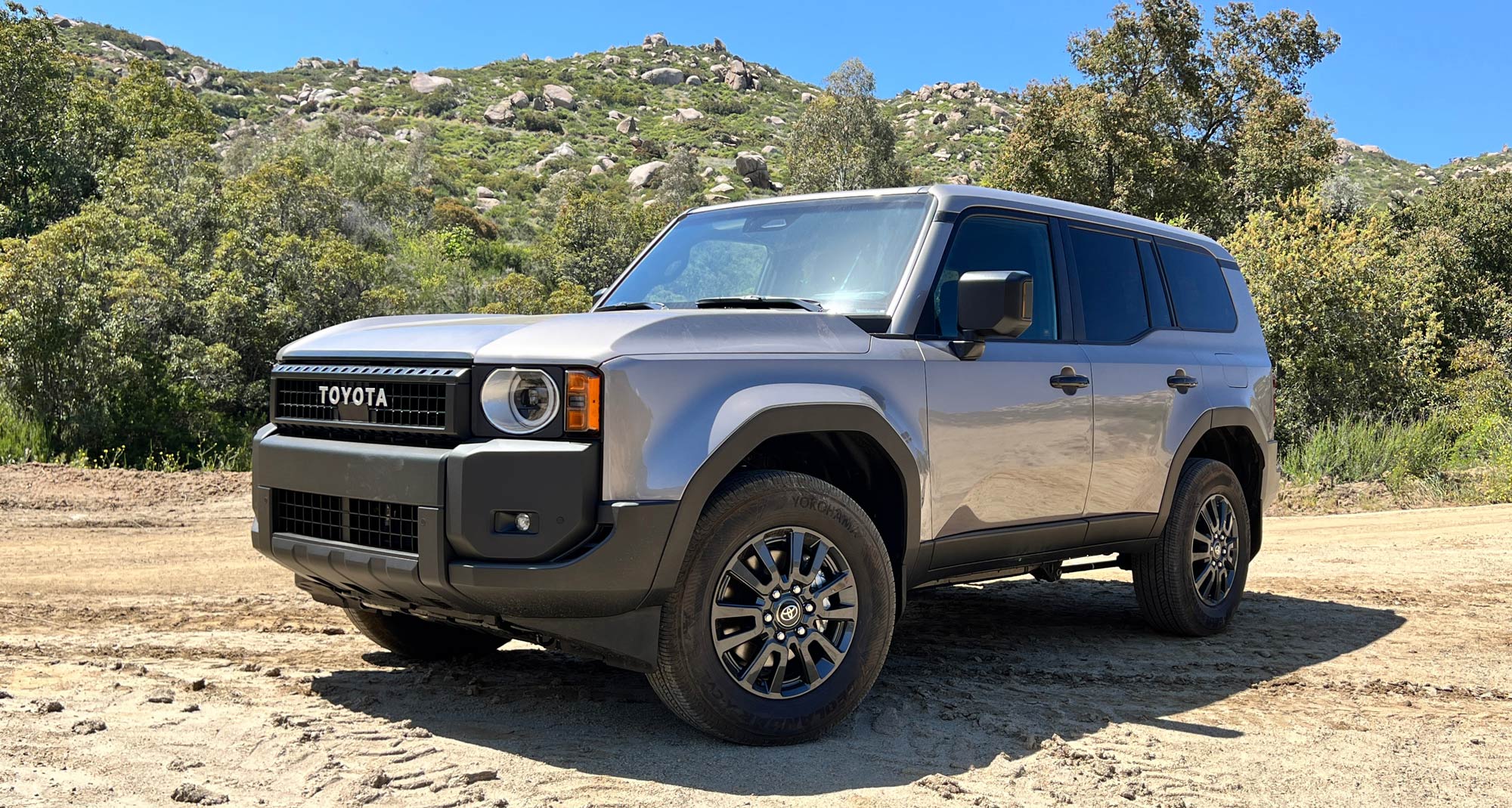Want to Sell a Car to a Dealer? Here's How
Selling a car to a dealership may be an easier process, but it may not be for everyone.
 Shutterstock
Shutterstock
Article QuickTakes:
There are a few ways to sell a used vehicle when you're ready to part with it. One of the more common approaches is to sell a car to a dealer, which tends to be a relatively simple process. Yet there are some potential drawbacks to consider as well—including the fact that you may get less money than you would if you sell the car yourself.
Nonetheless, it can be worthwhile to see how much a dealer may offer you, either in the form of cash or a trade-in credit. The information and methods below may help you get a better deal when you're looking to sell your vehicle to a dealer.
Gather Information About Your Loan
Before you talk to someone about purchasing your vehicle, you'll want to figure out how much money you still owe. You can gather this information by asking your lender for the payoff amount on your loan.
The payoff amount is how much you need to pay to wipe out the balance on your existing auto loan. The figure may differ from the balance listed on your loan statement due to factors like interest calculation, prepayment penalties, and more.
How Selling a Car to a Dealership Works
There are two primary ways to sell a car to a dealer: trade-ins and instant cash offers. Trading in your vehicle is the process of selling your car to a dealership and receiving a credit toward a new (or new-to-you) vehicle purchase from the same business. An instant cash offer involves you selling your used vehicle to a local dealership or used car marketplace for cash instead of credit for a new purchase.
In either scenario, there are numerous factors that can impact the price a dealer may offer when they're looking to buy your used car, such as:
- The vehicle's make and model
- The year when your vehicle was manufactured
- The condition of your car
- Vehicle mileage
There's another important detail that could impact the amount of money you collect or receive in the form of a credit toward another purchase: your auto loan balance. If you owe money to a lender on the vehicle, that debt will need to be satisfied first.
Possible Pros and Cons to Weigh
Before you sell a car to a dealer, it's wise to do some research and consider the potential benefits and drawbacks that this type of sale may represent.
Pros
- Speed: selling a vehicle to a dealership can be a much faster process than trying to find a private buyer and selling it to an individual
- Paperwork: there's a lot of paperwork that comes with selling a car. When you sell to a dealer, however, they may take care of the details where DMV paperwork is concerned
- Taxes: if you're selling a used car to a dealership as part of a trade-in, your state may deduct the trade-in value from the new car price to save you money on sales tax. Be sure to verify this fact ahead of time, however, as not every state allows trade-in tax credits
Cons
- Profit: a dealer may offer you less money than you might receive if you opt to sell your vehicle to a private party
- Confusion: if you trade a vehicle in, it's important to remember that you're dealing with two separate transactions. Some people can get confused or distracted during the process and fail to make sure they're getting a good deal on both ends—the vehicle sale (aka trade-in) and the new purchase
Strategies for Selling Your Vehicle
If you decide to sell a car to a dealer, it's important to do everything you can to set yourself up for a favorable experience. To begin, you may want to check your vehicle's estimated value online, both for private sales and trade-in situations.
Before you bring your vehicle to a dealer for an assessment, take the time to clean the car thoroughly inside and out. It's also wise to top off all fluids and get an inspection so that you're aware of any potential mechanical problems in advance. Maintenance records can also be a plus if you have access to them.
Finally, don't be afraid to get quotes from multiple dealers. Shopping around (and letting the dealerships you visit know you're doing so) may give you some added bargaining power, especially in the current market where the chip shortage is limiting dealership supply of new vehicles. Comparing multiple offers can also help you make sure you're getting the best deal possible for your situation.
The Bottom Line
The decision to sell a car to a dealer is a personal one, so you should take your options and individual situation into account. If you decide to move forward with the transaction, rest assured that the dealership is experienced in this area and can help guide you through the process. Then, you can take that cash and put it toward purchasing a new vehicle or earmark it for another need.



